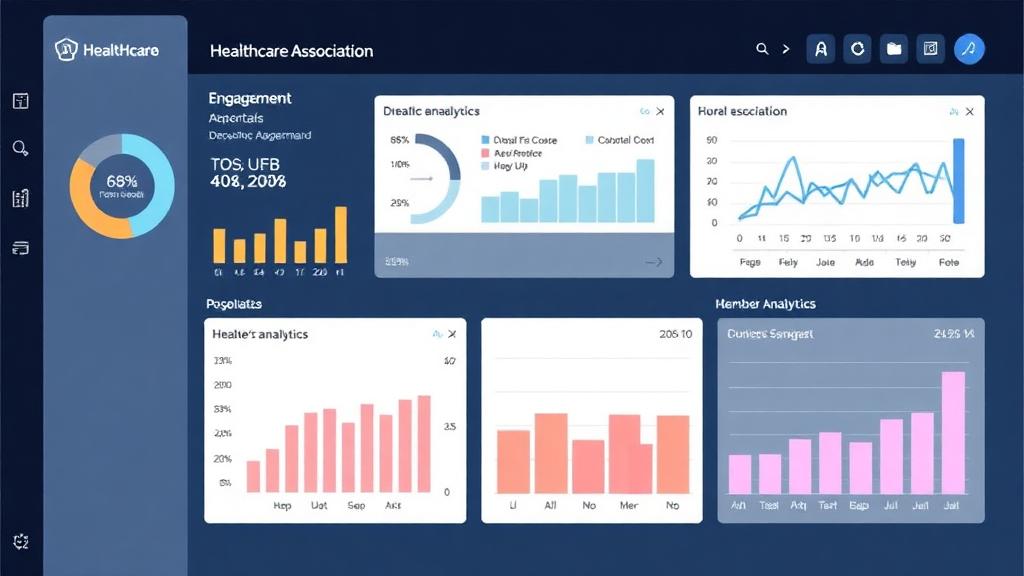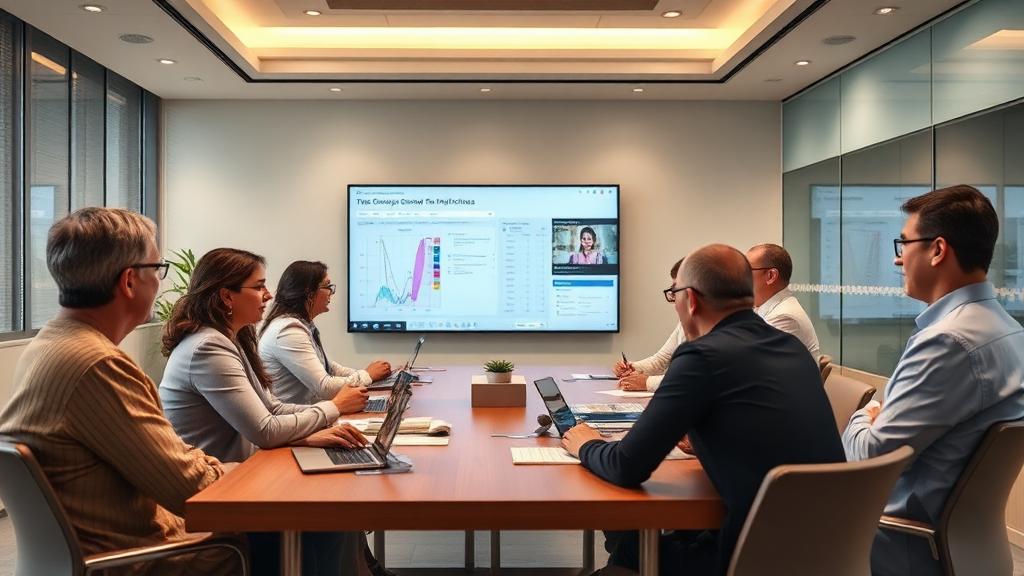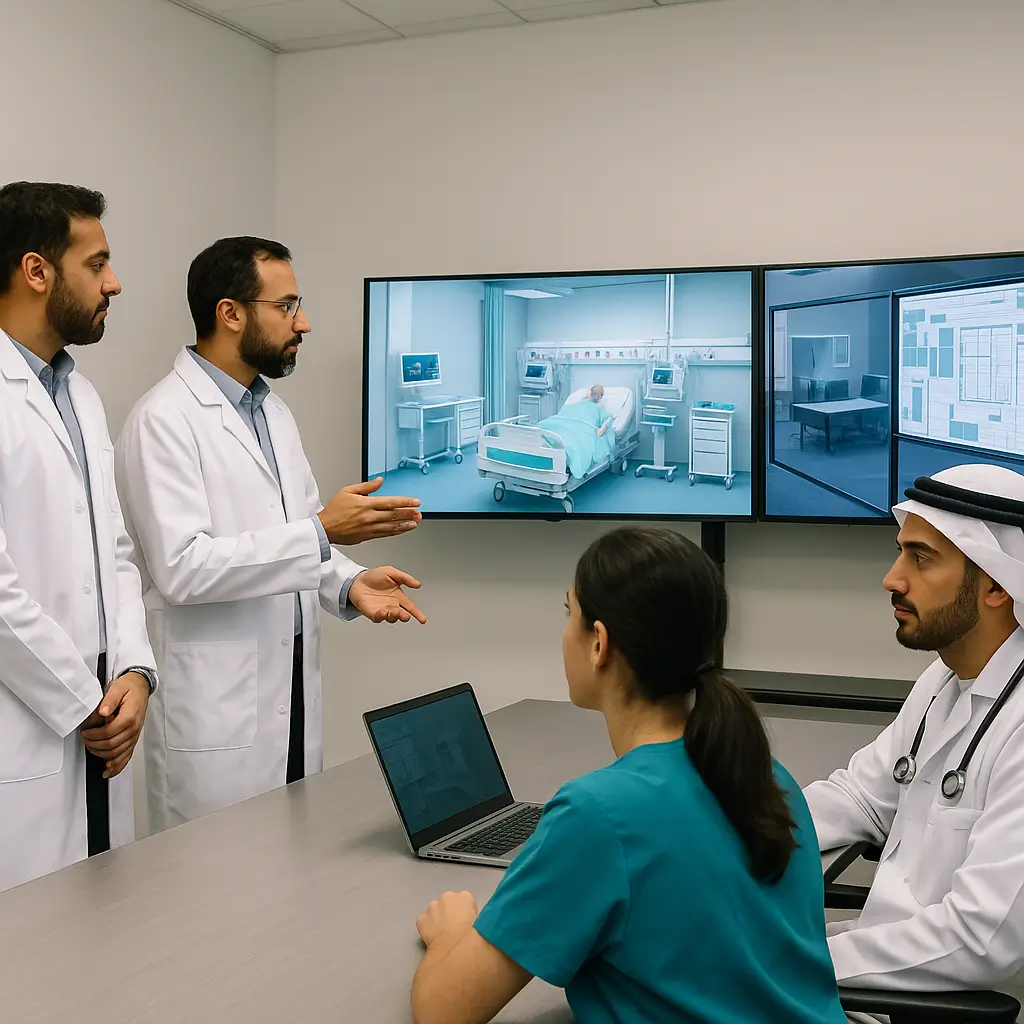Back to Blog
Event Management
Featured
Smart Venue Analytics: AI-Driven Space Optimization
Discover how AI-powered venue analytics transform healthcare event management through intelligent space optimization and attendee flow analysis.

Smart Venue Analytics: AI-Driven Space Optimization
Discover how AI-powered venue analytics are transforming healthcare event management through intelligent space optimization and attendee flow analysis.
The Evolution of Venue Intelligence
In today's fast-paced healthcare environment, sophisticated space management is essential to optimize the attendee experience, ensure compliance with safety regulations, and maximize networking opportunities. As healthcare events become increasingly complex, the need for advanced venue intelligence has never been greater.
AI-Powered Space Analysis
Real-Time Occupancy Monitoring
AI-driven technologies enable real-time occupancy monitoring, ensuring accurate tracking of crowd density through sensor-based attendance tracking. Heat mapping technology helps identify high-traffic areas, while flow pattern analysis allows for optimal space utilization. Additionally, capacity optimization is achieved through real-time data, enabling organizers to make informed decisions about space usage.
Predictive Space Planning
Predictive analytics plays a crucial role in space planning for healthcare events. By utilizing historical data and registration patterns, AI can forecast attendance, which aids in room size allocation based on session popularity. Moreover, break area optimization facilitates networking opportunities, and AI-simulated scenarios contribute to effective emergency evacuation planning.
Advanced Analytics Implementation
Environmental Optimization
AI technologies also enhance environmental conditions within event spaces. Climate control automation adjusts settings in real-time based on occupancy patterns, ensuring comfort for all attendees. Lighting adjustments improve presentation visibility, while sound system optimization caters to various room configurations. Additionally, air quality monitoring promotes attendee comfort and well-being.
Accessibility Enhancement
Accessibility is a key consideration in healthcare event management. AI can assist in planning mobility routes for wheelchair accessibility and provide accommodations for visual and hearing impairments. Furthermore, language-specific seating arrangements and cultural considerations in space allocation ensure inclusivity for diverse attendees.
Smart venue analytics represent the future of healthcare event management, offering data-driven insights that enhance the attendee experience while optimizing operational efficiency. By leveraging these advanced technologies, event organizers can create environments that are not only functional but also welcoming and engaging.









.jpg)